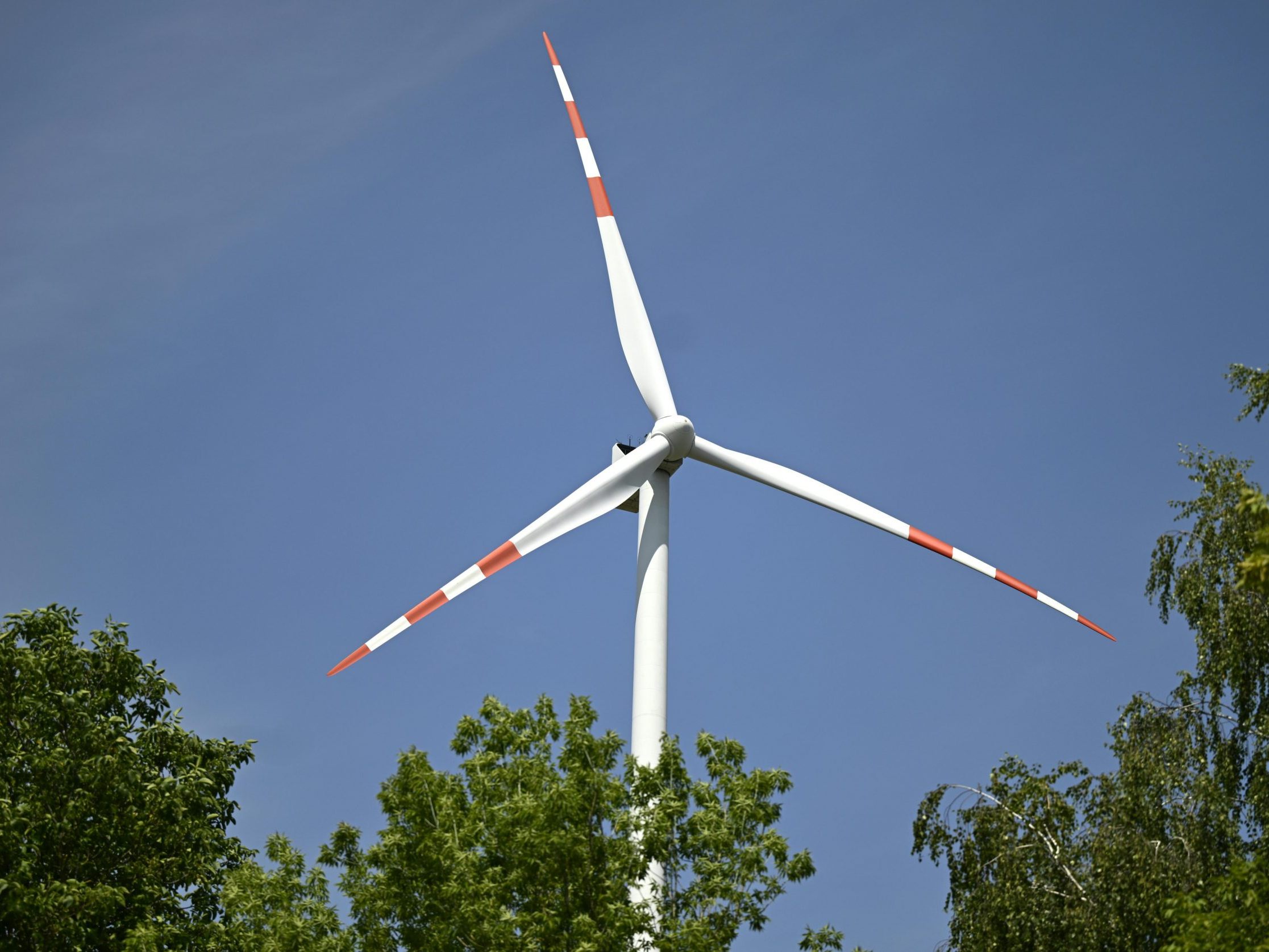Government Wants to Accelerate Renewable Expansion with Law

The law to accelerate the expansion of renewable energies (EABG) aims to shorten approval procedures. Minister of Economic Affairs Wolfgang Hattmannsdorfer (ÖVP) announced that a bundling of procedures is to take place: "One authority, one procedure, one decision," he explained at a press conference on Tuesday.
More Speed in Renewable Expansion Through Accelerated Approval Procedure
So far, there have often been many different responsibilities in renewable projects. New is now "one authority with the governor, one decision for processing," said Hattmannsdorfer. The government expects a significant acceleration of approval procedures with the law. Power line projects, for example, should in the future be approved on average in three instead of six years. For projects that affect multiple federal states, the responsibility will in the future lie with a federal authority.
For the first time, the law also provides binding targets for renewable expansion in the federal states. The basis for this is provided by the existing Renewable Expansion Act (EAG). By 2030, a total of 27 terawatt hours are to be added (compared to 2020). By 2028, the federal states are to publish a progress report. Additionally, a "future perspective" is to be presented, said Energy State Secretary Elisabeth Zehetner (ÖVP). The federal states must therefore "also explain when they want to achieve the targets with which technologies."
Certain renewable projects are to be implemented in the future without approval under the new law, including photovoltaic systems on buildings, PV systems on green spaces up to 1,500 square meters, PV systems on agricultural land (Agri-PV) up to 5,000 square meters, or storage systems for private use, said Hattmannsdorfer.
Digitalization to Bring Speed to Renewable Expansion
The government also expects more speed in approval procedures from digital administration. Approvals should in the future be viewable on a central electronic publication platform, said NEOS representative Karin Doppelbauer. Negotiations should also be possible online or in a hybrid format in the future.
"We are aware that the expansion of renewable energy touches on many interests," said SPÖ State Secretary Michaela Schmidt. The aim of the law is not to weaken the balance of interests between environmental and nature conservation, landscape image, and the concerns of residents, "it is only about making it faster."
The review period for the EABG runs for six weeks. A two-thirds majority is necessary for the final decision in the National Council. The governing parties therefore also need the votes of the opposition parties, the Greens or the FPÖ.
Criticism from the Greens and the Renewable Sector on the Renewable Expansion Law
Criticism of the draft has already come from the Greens: "The government once again does not live up to its big announcements," said the Green Party chairwoman and former Energy Minister Leonore Gewessler in a statement. However, the party is ready for negotiations. The Renewable Energy Association Austria (EEÖ), which includes IG Windkraft and PV Austria, also sees a need for improvement and criticizes the contribution values of the federal states as "non-binding." "The EAG target of 27 TWh should have been raised long ago to ensure supply security and climate goals," said Managing Director Martina Prechtl-Grundnig according to the statement.
Praise from the Energy Sector for the Renewable Expansion Law
The energy sector generally welcomes the legislative proposal, with the interest group Oesterreichs Energie highlighting the bundling of procedures at one authority. The legal anchoring of an "overriding public interest" for renewable projects is also positively evaluated. Praise for the draft law also came from the Chamber of Commerce (WKÖ), the Federation of Austrian Industries (IV), and the transmission system operator APG.
(APA/Red)
This article has been automatically translated, read the original article here.





